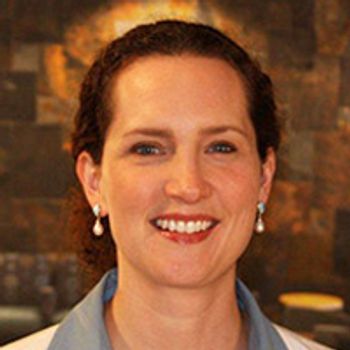
The Society for Gynecologic Oncology (SGO) released a toolkit of case studies and resources on genetic testing for healthcare providers, patients, and their families.

The Society for Gynecologic Oncology (SGO) released a toolkit of case studies and resources on genetic testing for healthcare providers, patients, and their families.

Survivorship expert Jennifer Klemp talks about optimal survivorship care, the contents of a survivorship plan, measurement of progress and the financial considerations.

An update on CDK4 and CDK6 inhibitors in treatment for patients with metastatic breast cancer.
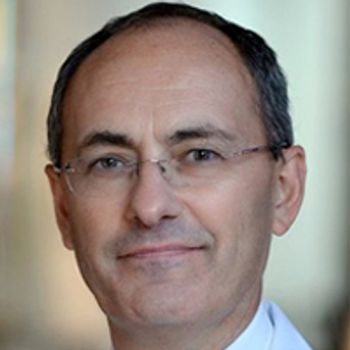
For patients with HR-positive breast cancer, fulvestrant proved to be better for PFS than anastrozole.


Erin Hofstatter, MD, discusses the important risks and benefits to consider when deciding on preventive surgery for patients at high-risk for breast cancer.

When Breast Cancer Awareness Month arrives each October, for many women there is a lot to be thankful for. Research advances have led to less aggressive treatment options and a good prognosis for women with early-stage disease, but for women with metastatic breast cancer (MBC), it is a different story.

In 2014, Novartis Oncology commissioned the Harris Poll to conduct the Make Your Dialogue Count survey to identify the emotional needs of patients newly diagnosed with metastatic breast cancer as well as during treatment change.

An oncology nurse's overview of inflammatory breast cancer.


A recent study shows CDK inhibitor ribociclib reduces progression of HR-positive metastatic breast cancer.

A recent survey found that 77% of working women with breast cancer, including those with metastatic disease, feel that working aids in their recovery.

Genevieve's Helping Hands looks to help make the cancer journey easier to navigate, provide an arm to lean on, and offer encouragement when needed.

The American Breast Cancer Foundation's (ABCF) mission is to provide financial assistance for breast cancer screenings and diagnostic tests for uninsured and underserved individuals, regardless of age or gender.


The treatment of TNBC is rapidly evolving, with immotherapies, AR-targeted agents and targeted therapies.

Dense breast tissue can make tumors more difficult to spot in mammograms. And extremely dense tissue may be an independent risk factor for developing breast cancer.
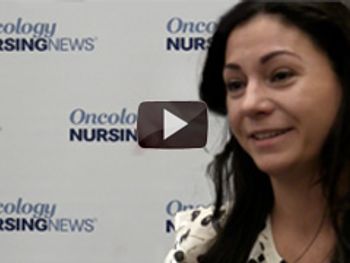
Molly Olm-Shipman talks about how a nurse can help ensure that the autonomy of patients with breast cancer is preserved.
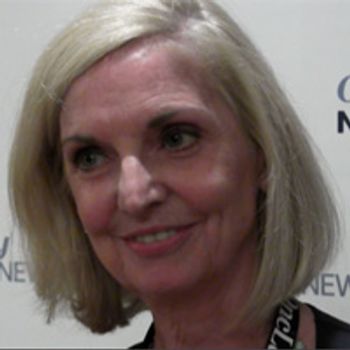
Mary Ellen Diotalevi speaks about her role as a nurse in a breast cancer center.
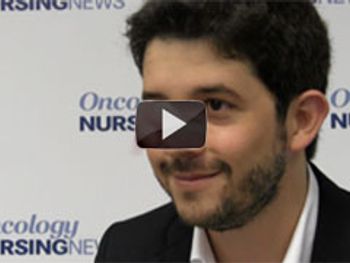
Ricardo Bello, MD, MPH, discusses what patients with breast cancer need to be aware of to make informed decisions after mastectomy.
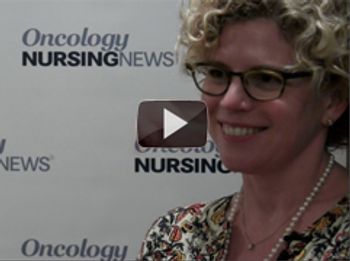
Dr. Killelea talks about the importance of communication between all healthcare providers when treating patients with breast cancer.
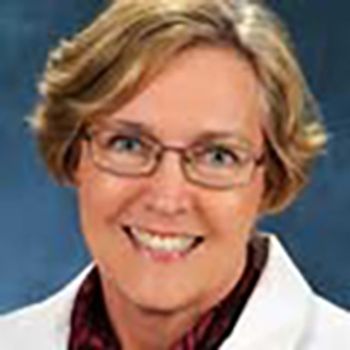
African American breast cancer survivors experience some specific concerns and risk factors that healthcare practitioners should be aware of when developing survivorship care plans for this population.

Using integrative modalities such as behavior therapies, mindfulness meditation and creative arts therapy can support a patient with cancer during treatment.

Deborah Derman used her personal losses and professional experiences to create the new book Colors of Loss and Healing: An Adult Coloring Book for Getting Through Tough Times to help people move forward in their lives.

MammaPrint has been shown to improve prediction of clinical outcomes in women with early-stage breast cancer.